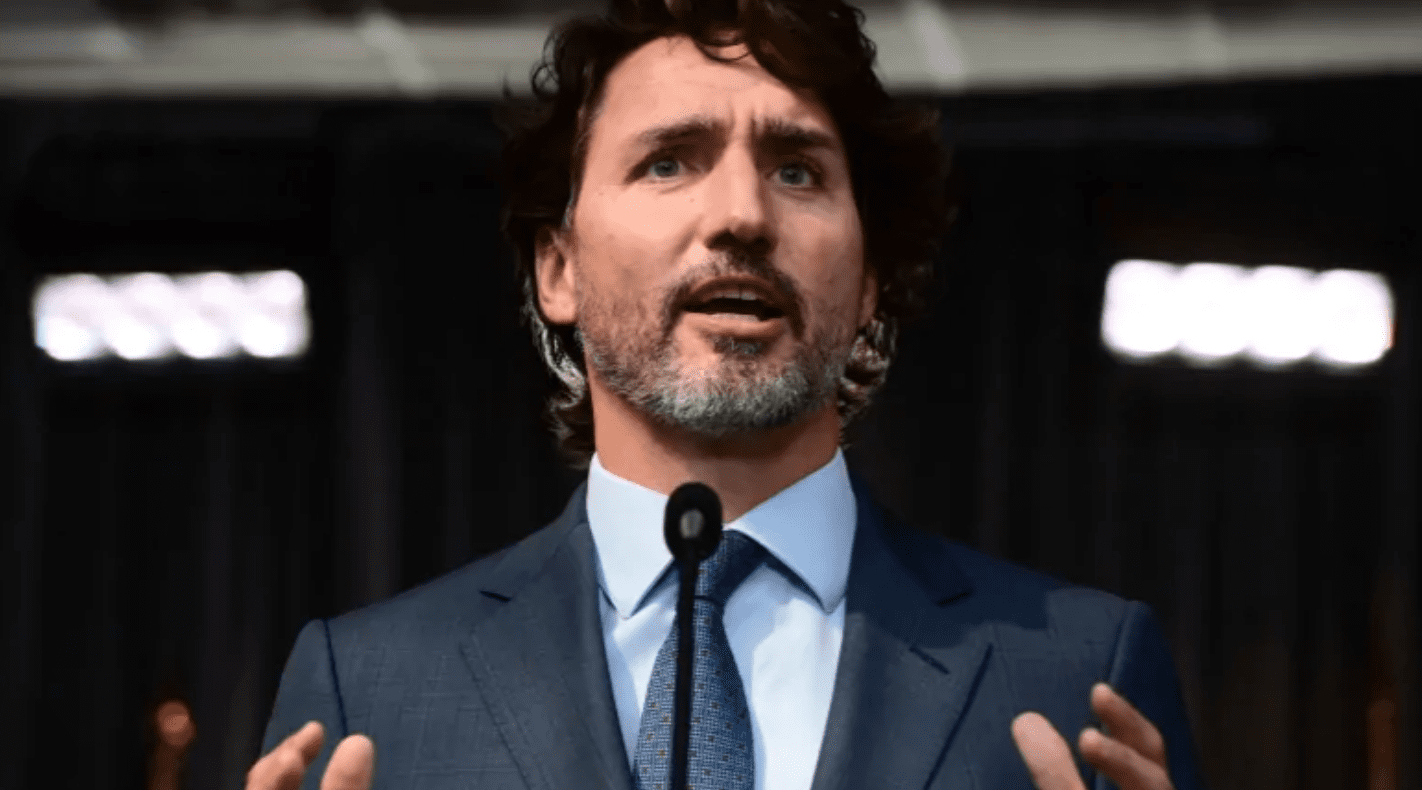All things being equal, I'm pretty certain Prime Minister Justin Trudeau will win the next federal election.
But that being said, I'm wondering if, in his secret heart of hearts, Trudeau really still wants the job.
OK, I know that sounds a little odd, since, let's face it, the top priority for most politicians in power is to stay in power; they basically have to be yanked from office kicking and screaming. (See Donald Trump.)
Yet, I always suspected Trudeau saw his job as Canadian prime minister as a mere stepping stone to something bigger and grander.
In other words, I don't think he's content with simply being a big political fish in a small Canadian pond.
He wants a bigger stage upon which he can strut his stuff.
And why not?
Sure, getting lauded by the CBC on a nightly basis must be nice, but how much more wonderful would it be for Trudeau if he was regularly celebrated and glorified by the world's most important media outlets: the New York Times, the BBC, CNN and Entertainment Tonight.
And for a while there, Trudeau was living that dream.
After Brexit, and especially after Donald Trump's surprise presidential victory in 2016, the world's media was looking for a popular, progressive, globalist politician who could act as a comforting beacon for the world's anxious elites.
In short, the media needed an "anti-Trump."
Trudeau, with his charming demeanor, his good looks and his unflinching attachment to trendy left-wing causes, perfectly fit the bill and thus he quickly became the world's poster boy for progressive, globalist politics.
For Trudeau, this must have been the best of times.
But alas, nothing lasts forever and it wasn't long before Trudeau began to lose his luster.
For one thing, over the past few years he's endured more than his fair share of bumps and bruises — the embarrassing India adventure, the SNC-Lavalin scandal, the WE Charity Scandal, the blackface scandal, a toxic Governor General, his vaccine procurement failures all which have tarnished his image and branding.
In short, his demi-god status has slipped a bit.
On top of that, the always fickle international media eventually grew tired Trudeau and so turned their adoration to other more exciting progressive politicians: France's Emanual Macron, New Zealand's Jacinda Ardern, New York state's Andrew Cuomo (though that has fizzled) and America's Kamala Harris.
Suddenly, Trudeau was yesterday's news.
Another big blow to Trudeau's prestige occurred when he failed, despite weeks of intensive lobbying, to win a seat on the UN security council.
The world's elites basically slammed the door shut on Trudeau's global pretensions, a move which likely shocked him to the core.
No longer, is he a cinch to be proclaimed "King of the world" or at the very least, the next General-Secretary of the United Nations.
Yet, perhaps the worst thing to happen to Trudeau was Trump's fall from power.
What's the point of being the world's foremost "anti-Trump" if there's no longer a Trump. It's like being kryptonite in a universe without Superman.
Indeed, we've already seen Trudeau demoted from "Global champion of Progressivism" to President Joe Biden's cute northern sidekick.
Now, none of this of course, means Trudeau's political career in Canada is over.
Far from it, as noted earlier, I'd say he still has a good chance to win the next election, (and even the one after that) both because of all the built-in political advantages the Liberals enjoy and because his opponents seem lackluster by comparison.
But the question is, does he really want to be stuck in a dead-end job?
Photo Credit: CBC News






